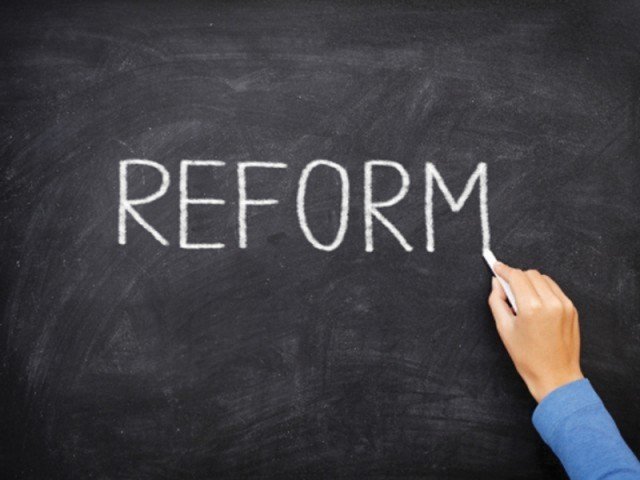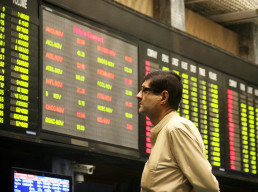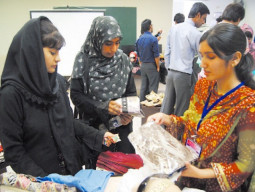
Instead of introducing due reforms and enhancing the ratio of taxes, domestic savings and investments as a percentage of gross domestic product (GDP), the successive governments including the existing one have focused on acquiring more and more loans from domestic and external sources, reducing development expenditures amid low fund allocation for educational, healthcare and social sectors, economists and entrepreneurs said while slamming the state policies.
Eminent economist Dr Shahid Hassan Siddiqui said the economy of Pakistan was continuously facing serious risks and challenges because of the policies adopted by successive governments including the incumbent federal and provincial administrations, State Bank of Pakistan (SBP), Federal Board of Revenue (FBR), Securities and Exchange Commission of Pakistan (SECP) and others.
He pointed out that owing to the economic policies based on feudal culture following poor performance of the FBR, Pakistan may have to approach the International Monetary Fund (IMF) once again and there may be a big mini-budget in the offing.
The national economy is going in the wrong direction as remittances exceed exports. It is now more evident that Pakistan will have to approach the IMF again for another bailout package after completion of the current 37-month $7 billion Extended Fund Facility.
The terms of the new loan programme will be more painful than the present ones as the world is rapidly changing. It is the right time to take decisive steps forthwith for achieving objectives of a new great game.
Siddiqui said statistics of the Ministry of Finance and SBP clearly reflected no improvement in the national economy while the government and banks continued to destroy it.
"A few weeks ago, Prime Minister Shehbaz Sharif admitted that the FBR recovered Rs15,000 billion less in a year as compared to its tax collection potential. Similarly, the receipt of provincial taxes is also lower than the potential," he said.
"According to my research, we are recovering Rs22,000 billion less in total and that is our Achilles' heel. If we fail to collect taxes properly and develop fully fledged strategies, the economy will continue to limp," he said.
The elite class has been fully enjoying their monopoly and hegemony while the poor countrymen are facing serious economic challenges.
In the post-privatisation era, particularly after 2014, mostly commercial banks with the support of the SBP are making huge investments in government's securities for financing the budget deficit instead of providing productive loans for trade, industry, agriculture, exports, microfinance and others.
Leading industrialist and entrepreneur Muhammad Farooq Shaikhani said, "There are strong indications that the federal government will soon announce a mini-budget. However, it is crucial that this budget addresses the needs of small traders and the industrial sector, which has been severely impacted by rising costs, especially of electricity and gas."
Without a targeted relief, these policies would further burden the taxpayers and widen the gap between the government's targets and reality, he said.
Shaikhani lamented that the government's poor policies, largely driven by feudal interests, were taking a heavy toll on the national economy. Banks continue to make profit at the expense of the common man, while small traders and industries are left without relief.
The government must implement policies that provide relief to exporters, importers and small industries, along with addressing high utility costs, to stabilise the economy and create a more conducive and benefiting environment for business growth.
Moreover, Minister of State for Finance Ali Pervaiz Malik recently said that tax notices were being sent to the richest 5,000 non-filers of tax returns, with expected revenue collection of Rs7 billion.

1719315628-0/BeFunky-collage-(8)1719315628-0-405x300.webp)


1731329418-0/BeFunky-collage-(39)1731329418-0-165x106.webp)













COMMENTS
Comments are moderated and generally will be posted if they are on-topic and not abusive.
For more information, please see our Comments FAQ